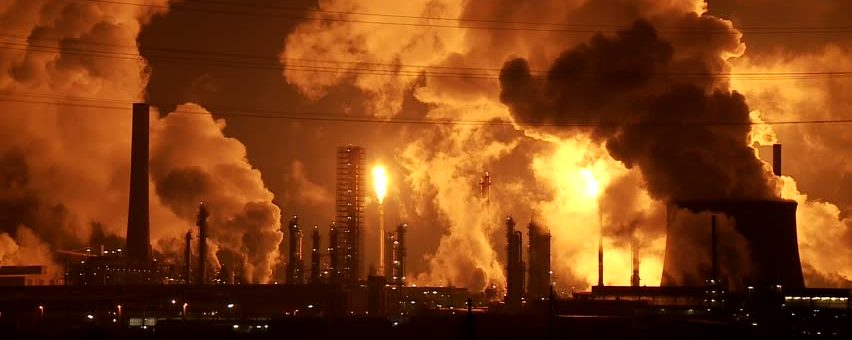Emissions trading is a government-mandated, market-based approach to controlling pollution by providing economic incentives for achieving reductions in the emissions of pollutants. A governmental allocates a limited number of permits to discharge specific quantities of a specific pollutant per time period. Polluters are required to hold permits in amount equal to their emissions. Polluters that want to increase their emissions must buy permits from others. There is no denying this does help decrease emissions in some developed or high carbon-emission countries to some extent. For example, the Europe Union, United States and China has already set their own regulations and markets several years ago. However, it also has many shortages and potential negative effects. First, it is not realistic enough. All developing countries highly rely on manufacturing which cannot avoid high carbon emission. If emission trading is applied on those countries, the economy development of those countries will be negatively affected. Then it will become an obstacle for the developing countries. Though it is important to cut emission, there is nothing more important than helping more people get rid of poverty. Second, it leads to high risks on the economy of a country. If we allow producers to trade permits freely, we will not be able to control the rising price of the permits. Since the quantity of emission allowed is so limited, the price will rise crazily out of control. The rising cost of production will finally lead to the decrease in supply and the rising price of final products, which makes all products on the market less affordable. Lower living standards and turbulent prices do no good to the economy.
Categories
Emissions Trading: Good or Bad
